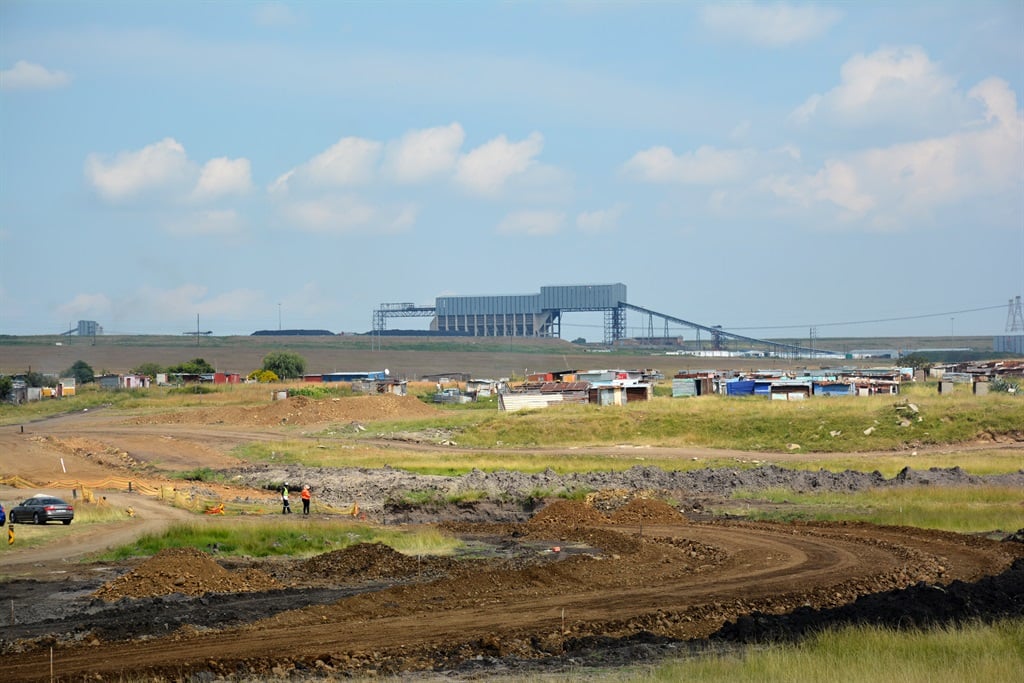
Sasol Mining is putting up a fight to avoid reinstating or compensating employees who were dismissed for engaging in an unprotected strike a decade ago.
The company said last week that it was appealing a labour court order which favoured the 941 employees.
Sasol dismissed the workers when they staged a sit-in in the shafts of Middelbult, Bosjespruit, Brandspruit and Twistdraai mines in Mpumalanga in 2009 onJanuary 22 and 23, over a dispute about a 7% wage gap between the company’s wage personnel and monthly staff personnel and 3% gap between Sasol Mining’s wage personnel and the rest of the industry.
The labour court found that the dismissals were “substantively unfair”, even though they were procedurally fair, and ordered Sasol to reinstate workers who opted out of compensation retrospectively for two years and others for one year. For those who had died, their compensation had to be paid to their estates.
Judge Robert Lagrange ordered Sasol to issue the workers with a final warning for disobeying a lawful instruction and for participating in unprotected strike action.
Sasol spokesperson Alex Anderson confirmed that the company had filed appeal papers.
“We’re waiting for a date of the hearing,” he said.
Shosholoza Workers’ Union of SA secretary Abner Magagula said Sasol’s appeal was prejudicial to the workers who had been unemployed for 10 years.
Read: Sasol Mining dithers after labour court ruling
“We understand that 120 of the workers have died and some are now old. Some of the workers were blacklisted by Sasol and cannot get employment. For these reasons, this matter cannot drag on any longer,” Magagula said.
Although the dismissals took place in 2009, the hearing was delayed for many years because the workers initially had different legal representatives while others did not have any representation. The court organised Legal Aid lawyers for them.
Sasol said in its court papers that it was appealing the judgment and that Lagrange erred in finding that the dismissals were substantively unfair and inconsistent with how Sasol handled a protest action in 2006.
“The 2006 strike occurred when employees withheld their services by refusing to go underground … while the 2009 strike occurred when the employees who were underground refused to surface at the end of their shift, thereby remaining underground,” reads the papers.
“As such, the 2009 strike had the effect of exposing the employees underground to significant risks to their safety as well as the safety of others, including, but not limited to, the risk of methane gas ignition, risk of rock fall caused by unsupported roof, the risk of flooding and risk arising from the fact that the safety and wellbeing of employees could not be properly monitored by Sasol.”
The striking workers belonged to the now defunct United People’s Union of SA (Upusa). The union was also concerned that Sasol management continued to recognise the Chemical, Energy, Paper, Printing, Wood and Allied Workers’ Union (Ceppwawu) even though Upusa was in the majority.
Upusa also questioned why low-level workers were under Ithebe Medical Scheme while others were under Sasol Medical Scheme.
The mine workers snapped when they realised their wage gap benefits were not implemented when they received their January 15 payslips. They then held a meeting and decided not to go above surface after their shift until management had addressed them on the wage gap issue and given them reasons for the suspension of the local shop stewards council.
Before the sit-in, Sasol Mining had suspended shop stewards for instigating, organising and participating in unauthorised marches which took place at Sasol premises on January 19.
HOPES DASHED AGAIN
Dismissed workers Nomnidyi Awu (53) and Sibonakaliso Bhembe (54) said they were looking forward to returning to work after a decade of unemployment.
“Our situation has been very bad and we have children to look after,” Awu said.
“We thought that since we won the case we would go back to work, but now this means that we will have to wait a bit longer.”
Bhembe said that since he was dismissed, he had been relying on his domestic worker mother who earns R2 000 a month.
“We had hopes, but they have been dashed by the appeal,” Bhembe said.
 | ||||||||||||||||||||||||||
Get in touchCity Press | ||||||||||||||||||||||||||
| ||||||||||||||||||||||||||
| Rise above the clutter | Choose your news | City Press in your inbox | ||||||||||||||||||||||||||
| City Press is an agenda-setting South African news brand that publishes across platforms. Its flagship print edition is distributed on a Sunday. |




 Publications
Publications
 Partners
Partners








